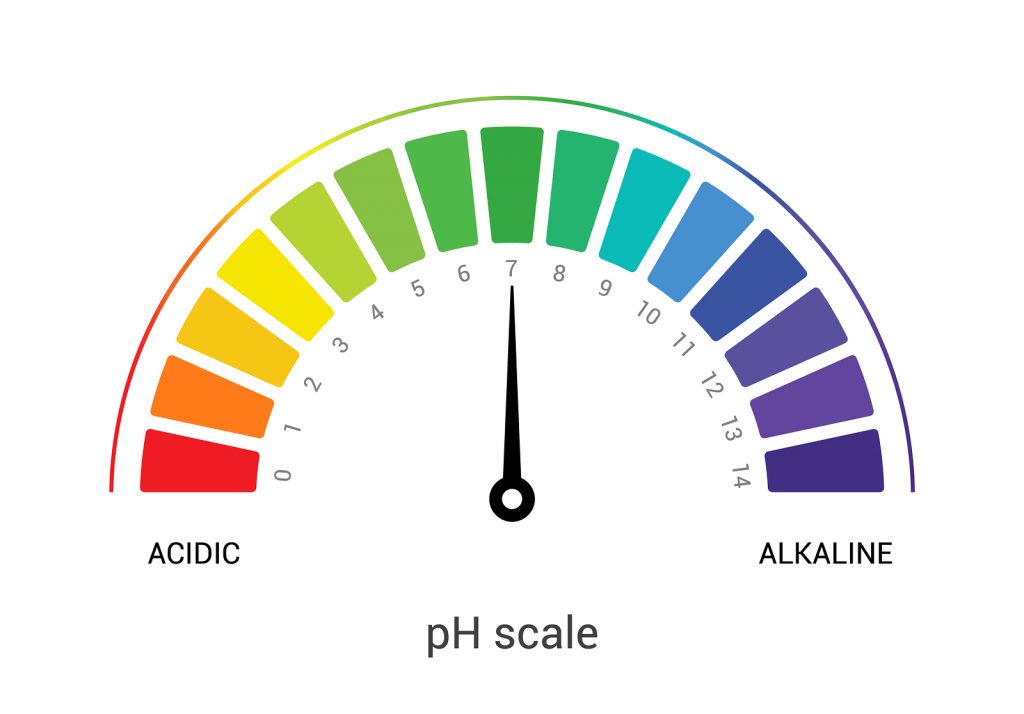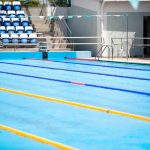Certified Pool and Spa Operator ® Essentials – Controlling pH Levels
Controlling pH levels at your swimming facility is essential in keeping swimmers comfortable and safe. It also helps protect the pool system components and equipment from chemical corrosion. As a Certified Pool and Spa Operator ®, this is one of the most basic and essential tasks that must not only be learned but mastered.
What is pH?
Simply put, pH is a measurement of how acidic or basic the pool water is. Everything from algae growth and corrosion to swimmer comfort is affected by the pH level. It can even impact how effective the other swimming pool chemicals you use are. The ideal pH level of a swimming pool is between 7.2 and 7.8. pH levels can be affected by daily pool use, rainfall (for outdoor pools), temperature, other chemicals, and bathers.
A properly adjusted pH balance allows the chlorine in the water to work more effectively, keeping your pool clean and free of harmful bacteria. Proper pH levels can prevent mineral and algae growth as well as prevent eye irritation for swimmers. A swimming pool with a low pH level (corrosive water) can corrode metal components in your pool, stain surface walls and etch the pool surfaces. A high pH level (scaling water) can clog pool filters and heating elements, make the water cloudy, and even inhibit water circulation. These are all reasons why a Certified Pool and Spa Operator ® must always maintain the proper pH balance.
Lowering pH
Lowering the pH balance of a pool involves adding acids or acid salts to the pool water. This results in an increase in the H+ ion and a reduction in pH. One of the most common liquid acids used to lower pH is called muriatic acid. A Certified Pool and Spa Operator ® will typically dilute the substance with 50% water before it enters the pool or spa. Other options are sulfuric acid, carbonic acid, or sodium bisulfate. If you are using sodium hypochlorite or calcium hypochlorite, carbon dioxide is a great acid option. All of these solutions are added to the circulation water through feeder mechanisms. Remember, always add the chemicals to water and not water to the chemicals.
Increasing pH
To increase a pool or spa’s pH level, a Certified Pool and Spa Operator ® will use a ‘basic’ solution. The most common basic substance is sodium carbonate which is also known as soda ash. Other options include sodium hydroxide, sodium sesquicarbonate, and sodium bicarbonate. When the base substance is added, there is an increase in OH ions and, as a result, an increase in pH. It’s important to note that sodium bicarbonate should not be used to raise pH on a regular basis, only to achieve the correct total alkalinity before adding soda ash for further correction. Also, remember that whether you are increasing or decreasing pH, there must be no one in the water and the facility must remain closed until the chemicals are completely dissolved and dispersed.
Expert Certified Pool and Spa Operator ® Courses
The best way to learn about residential and commercial pool care is through CPO® certification. Pool Operation Management offers award-winning CPO® certification courses to give you the most comprehensive education in everything involved with pool operation. Over a two-day course or during online training, our experienced professionals will not only help you get certified, but you will acquire real-world knowledge to aid you in your career of pool operation.
We also offer professional pool maintenance for both residential and commercial pools, pool operation consulting and can even act as an expert witness in pool-related legal cases. To start your CPO® certification courses or use our many services, contact Pool Operation Management today.






